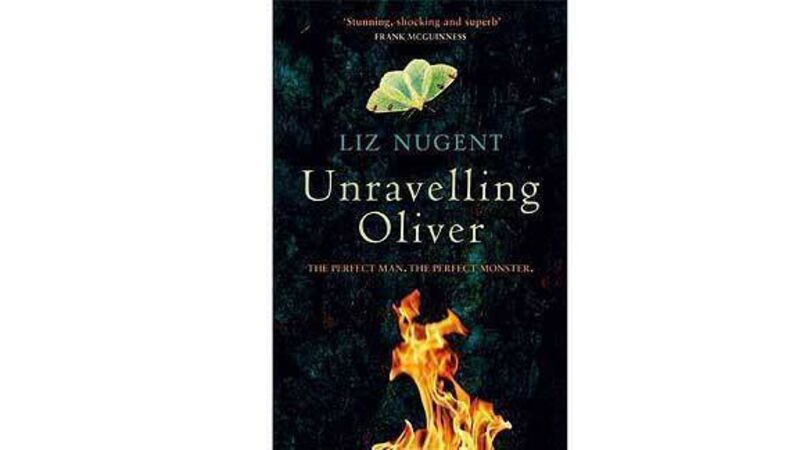Unravelling Oliver

A NOOK in The Fitzwilliam Hotel is perfect for interviewing authors. It’s surrounded by bookshelves, and so puts the authors at ease. But debut writer Liz Nugent is more excited about the photographs on the walls.
“That’s Gemma Craven in London Vertigo,” she says. “It was a Gate theatre production. I worked on it, and, ooh, I worked on that one, too, and that one,” she says, pointing at other photos.











